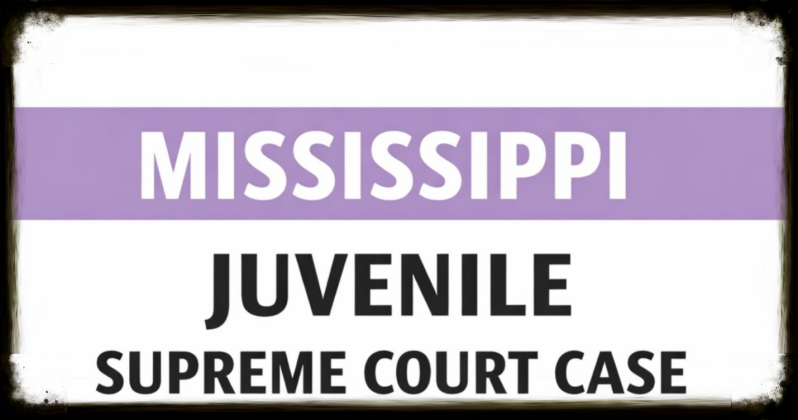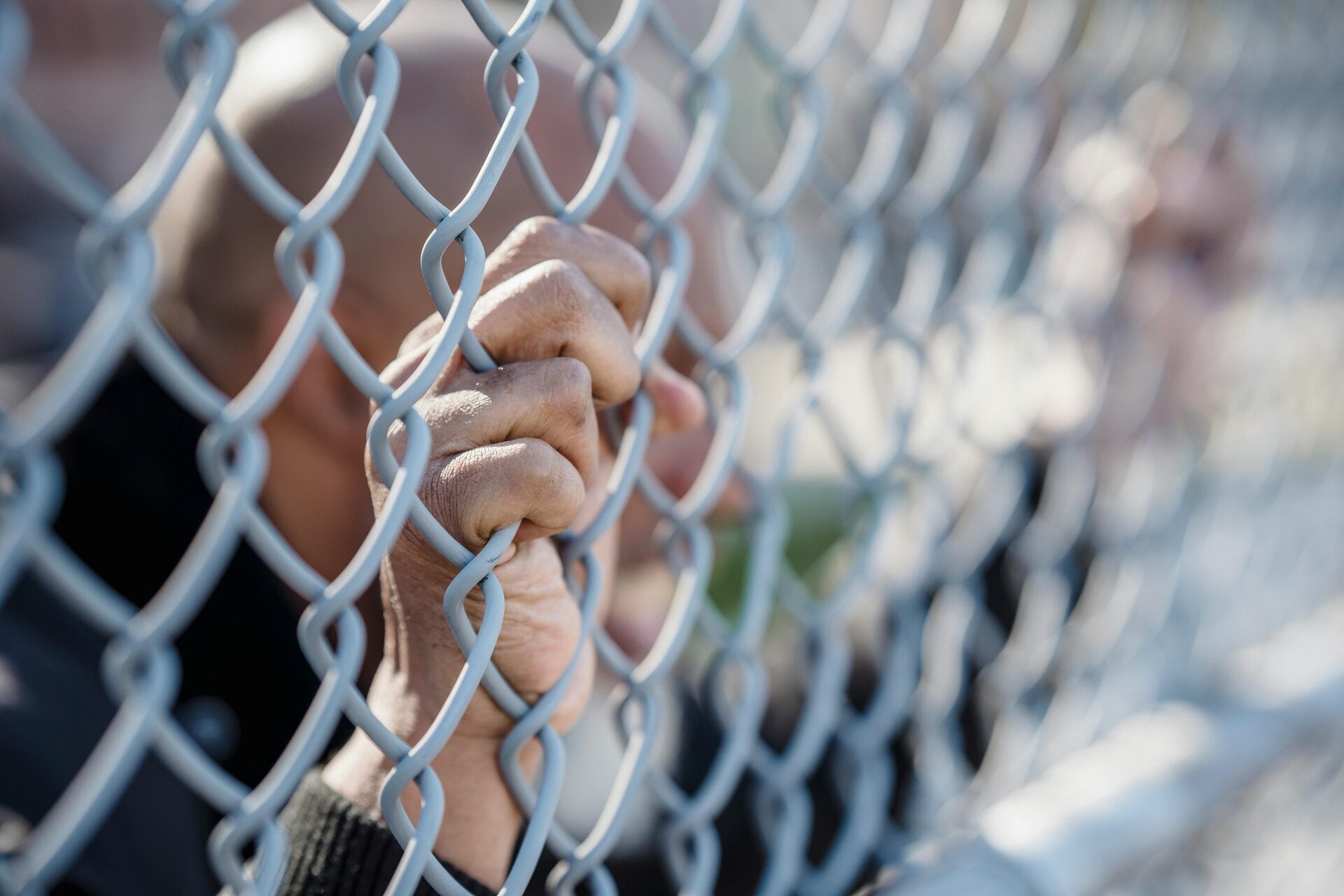
Juvenile Life Without Parole Sentencing
The United States stands alone as the only nation that sentences people to life without parole for crimes committed before turning 18.
Juvenile Life Without Parole: An Overview
Juvenile life without parole refers to a legal sentence where individuals under the age of 18 are imprisoned for life without the possibility of release. This sentencing has been a subject of significant debate globally, particularly concerning its ethical implications and effectiveness. Critics argue that juveniles lack the maturity and understanding of the consequences of their actions and, therefore, should be given the opportunity for rehabilitation rather than facing irreversible punishment. Conversely, proponents believe that in cases of particularly heinous crimes, such sentences may be justified to ensure justice and public safety. In recent years, many countries and jurisdictions have re-evaluated or abolished this practice, recognising the potential for young offenders to reform and reintegrate into society. The discussion around juvenile life without parole highlights broader issues of justice, human rights, and the capacity for personal growth and change, especially among young individuals.
Understanding Juvenile Life Without Parole: Supreme Court Decisions
The issue of sentencing juveniles to life without parole has been a significant topic of debate in the legal system, particularly in the United States. The Supreme Court has played a pivotal role in shaping how such sentences are applied. In landmark cases such as Graham v. Florida (2010) and Miller v. Alabama (2012), the Court ruled that sentencing juveniles to life without parole for non-homicide offences or as a mandatory punishment violates the Eighth Amendment, which prohibits cruel and unusual punishment. These decisions highlight the Court's recognition of the developmental differences between juveniles and adults, emphasising that children are more capable of change and rehabilitation. Consequently, these rulings have led to increased scrutiny of life sentences for juveniles, urging courts to consider each individual case carefully and allow for the possibility of parole where justified.
Juvenile Life Without Parole in the United States
Sentencing juveniles to life without parole (JLWOP) has been a contentious and evolving topic.
Currently, several states prohibit JLWOP outright, while others only permit it in extreme circumstances. However, the laws and regulations vary significantly across the country, reflecting ongoing debates about justice, rehabilitation, and the treatment of young offenders.
Currently in the United States, 28 states and the District of Columbia have banned juvenile life without parole (JLWOP) sentences for all offenses.
Additionally, five states have no individuals currently serving JLWOP sentences. These states include those that have banned the sentence outright and those where no one is currently serving it for offenses committed before age 18.
Louisiana, Mississippi, and Alabama are among the states that have the most people serving JLWOP sentences, particularly for offenses committed before the age of 18.
Michigan has the largest population serving JLWOP in the world, despite the fact that many JLWOP sentences have been reviewed and overturned.
There are currently fewer than 600 people serving juvenile life without parole (JLWOP). This number has significantly decreased due to Supreme Court decisions and state-level actions banning the sentence for juveniles. In the past, JLWOP sentences were more common, with an estimated 1,465 people serving them at the start of 2020.
Judges must now consider factors related to the juvenile's age, background, and potential for rehabilitation before imposing a discretionary JLWOP sentence.

📢Call to Action📢
Demand Congress pass into Law:
“The Juvenile Justice and Rehabilitation Act.”
1. Ban life without parole for anyone under 18 at the time of the offence.
2. Make it retroactive, so those already serving juvenile LWOP get a fair resentencing hearing.
3. Guarantee parole eligibility after no more than 20 years, with regular reviews.
4. Create national sentencing standards so a child’s future isn’t decided by their zip code.
Protect children from sentences that deny all hope.
Bring U.S. law in line with science, human rights, and basic fairness.
Give kids the chance to grow, change, and earn redemption.
No child should be told they are worth nothing more than a prison cell for life.
Why Now?
Over half of U.S. states have already banned or limited juvenile LWOP.
Supreme Court rulings (Miller v. Alabama, Montgomery v. Louisiana) recognise that kids are different -But the Court has not yet banned juvenile LWOP entirely.
Public opinion is shifting: Americans agree children deserve a chance at rehabilitation.



JUVENILE LIFE WITHOUT PAROLE IN MISSISSIPPI


The 68 people in Mississippi who were arrested as juveniles and have
served at least 20 years in prison cost the state over $1.2 million every year
they are incarcerated. Expanding parole eligibility for this small portion of
the prison population is potentially a low-risk opportunity to create a sig-
nificant cost savings for Mississippi.
These savings could be reinvested into other anti-recidivism efforts — such
as job training, educational courses and support counseling — that could
yield more successful reentries into communities, and extend the financial
and societal benefit to Mississippi. Outside of the financial benefit, the state
must also consider the most humane options for maintaining accountabili-
ty for some of their more vulnerable, yet valuable citizens. A prison system
proven to be dangerous and counterproductive for adults is certainly not
appropriate for children.
Eventually, people who enter prison as children will leave prison as adults
expected to responsibly navigate a society that may have greatly changed
during their incarceration. Mississippi has an opportunity to invest in a sys-
tem better suited to equip returning citizens for this challenge — starting by
not incarcerating people longer than what is reasonably necessary. While
the number of people affected by such a policy change would be small, the
potential benefit to Mississippi could be substantial.
Reading Material


